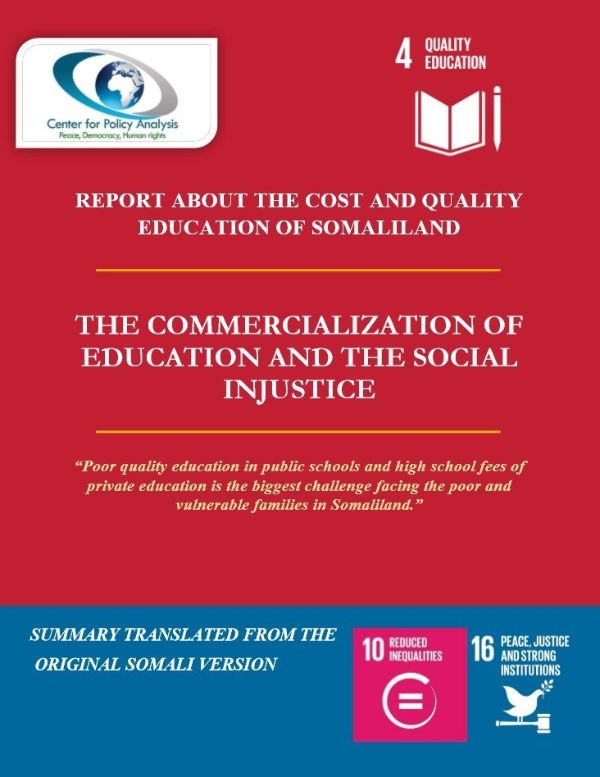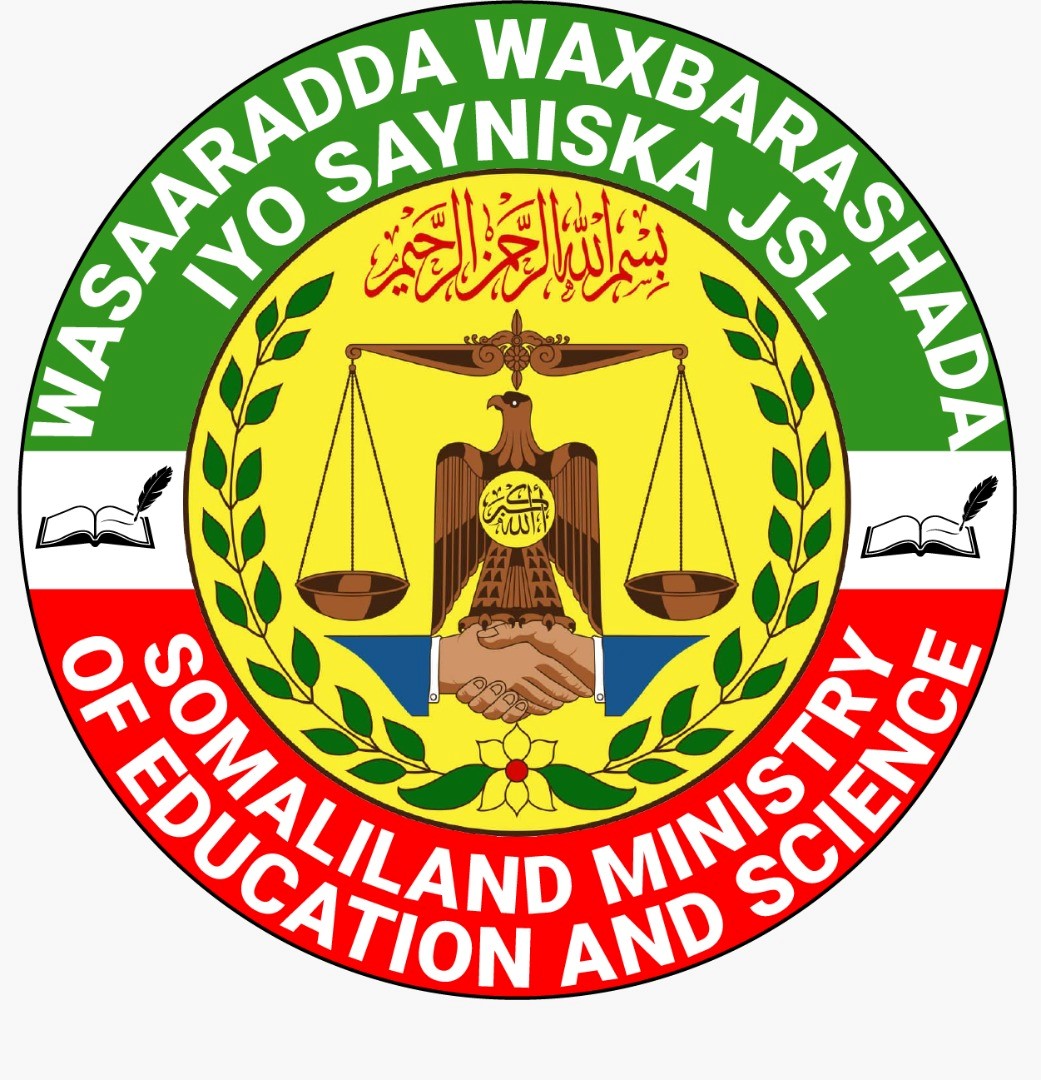
The commercialization of education in Somaliland and social injustice, CPA
An ongoing international debate in many parts of the world, is that numerous entrepreneurs are investing in education, and expecting lucrative profits, regardless of the quality of education or the students they produce and their contribution to the society. Now it seems that the same debate has started in Somaliland, and there are growing private schools which are invested by affluent teachers, or some other businessmen looking for moneymaking ventures and some even rented premises that were not designed for education, but for a family residence. They charge high fees making a lot of money.
The number of students enrolled in public primary and intermediate schools in Somaliland was estimated in 2018[1]about 153,077 with a total of 6057 teachers. Additionally, there are a greater number of students attending private schools. The school year 2015-2016, the number of registered schools were 1,145 schools, in which 989 of them are public schools and the remaining 156 are private schools. The Maroodi-jeex region hosts 32.3% (350 schools out of 1083 schools in the country) [2]. Furthermore, there are 644 madrasas (Koranic schools) with more than 100,000 students in Hargeisa, home to a large proportion of the population in the country. On average, every teacher in the state-owned primary and intermediate schools teachers in a class of approximately 25 students, while the madrasas in Hargeisa, on an average, every teacher teaches approximately a class of 35 students.
The CPA Center in collaboration with a volunteer group of students, conducted in February 2019, a brief study to review the education situation in Somaliland, particularly in Hargeisa, which is the home of nearly 37% of country’s population. This study was conducted through 48 households living in the 8 districts of Hargeisa, and 20 public and private schools.

